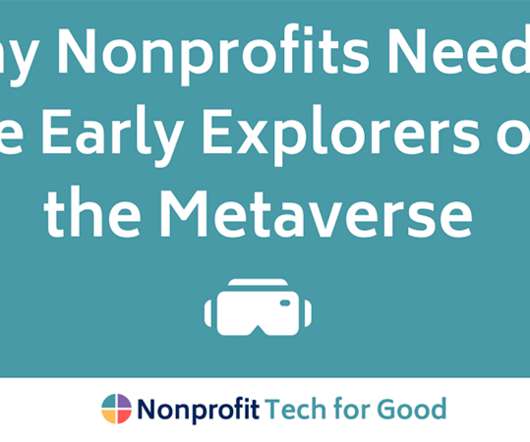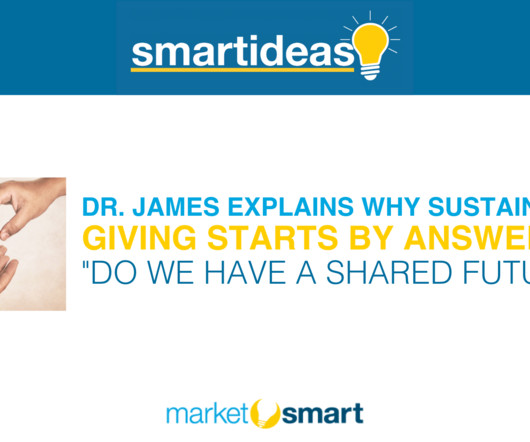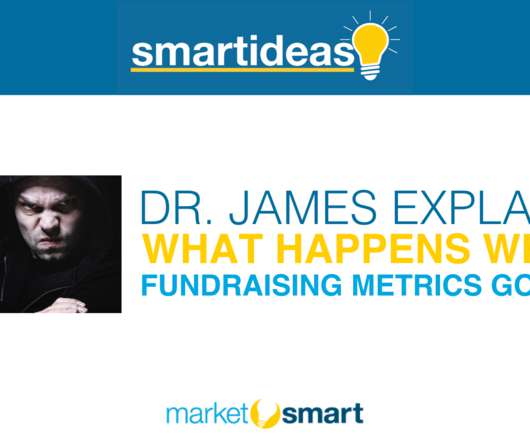How Nonprofits Can Help Free Culture and Benefit from the Public Domain
NonProfit Quarterly
MARCH 14, 2025
Currently, almost everything is legally locked down by US copyright law, but only entertainment corporations and a few thousand celebrity artists meaningfully benefit. The Copyright Trap The idea of copyright is usually framed as protection: Copyright laws protect creators from having their work stolen or manipulated.












Let's personalize your content